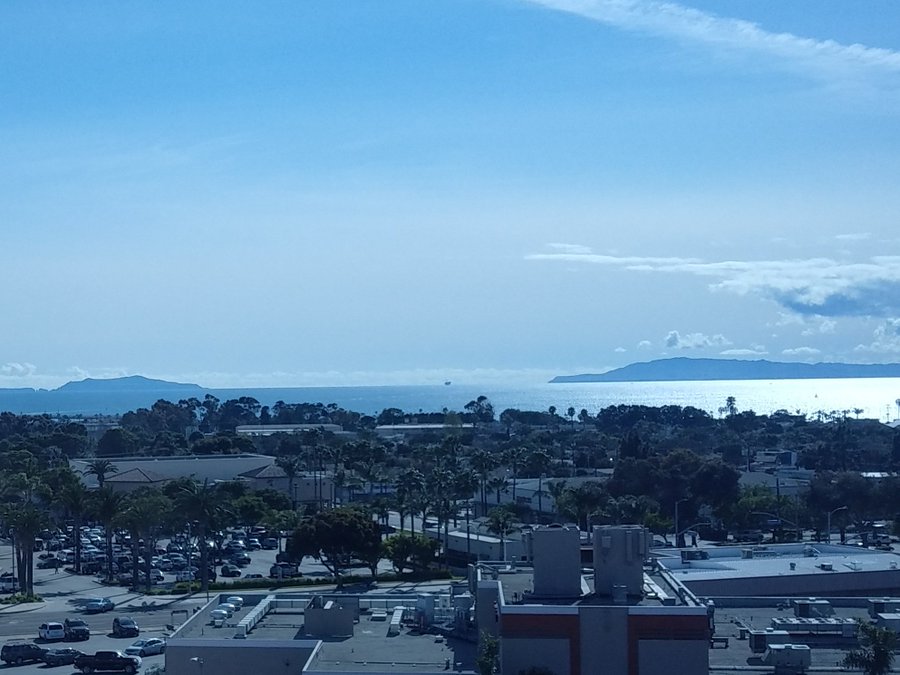We are entering a period of uncertainty. For me, part of that uncertainty involves the effort to continue offering quality instruction through a computer. I cannot tell you that the transition will be seamless or easy. There are going to be some significant bumps in the road. I have a lot to learn about using Canvas, Zoom, and a host of other platforms my more knowledgeable friends have recommended to me. I will communicate with you all as thoroughly and completely as possible. If going home poses difficulties for you, let me know. If you do not have reliable internet access at home, let me know that, too. You can email me, or message me on Twitter (@NativeAmText).
I know you took your books home with you for Spring Break. You will need them over the course of the next two months. I will be working in the coming days to learn how best to continue our class discussions online. Because I do not lecture, and because I do not use Powerpoints, I suspect there might be some reasonably easy fixes for our classes. But I don’t know for sure, and I will keep you informed about what I learn, and I am open to any suggestions you might have. We will get through this.
You are living through historic times, I suspect. I think back to the Great Depression, when the collections of shacks and shelters thrown together by the homeless were called “Hoovervilles,” after the particularly ineffective President who watched the Nation’s economy flow down the drain. I wonder if we will someday soon call the quickly constructed emergency medical centers, should they be required, “Trump Hotels,” or something like that, given our current particularly ineffective President’s bumbling response. Still, I remain hopeful that if we are smart and conscientious, and that if sensible precautions are followed, that the impact of this deadly virus will be blunted. It is best to err on the side of caution.
As a historian, I might suggest you keep a journal of this plague year, a record of the events you witnessed, your fears, and your concerns. That one of your eight semesters at college was significantly disrupted by a global pandemic is something I suspect you may remember for the rest of your life. I am willing to bet that the historians of the future would love to read about your experiences during this crisis. And if keeping a journal is not your style, do something creative. Do some art, if that is your thing. Write some poetry or some music. Take care of yourselves and those who you hold close. The coursework, whatever form we agree it will ultimately take, is not as important as your health and the health of those people you care about. I can be flexible. We are all in uncharted territory.
I spent the end of last week and the beginning of this one sitting in a hospital room, and then in a skilled nursing facility. My mom had a major health crisis that has really thrown all of us in my family for a loop. Your health is a fleeting and a fragile thing, and it can be gone in a second. I think about this a lot, about how quickly our fortunes can turn.
—
The “In-Person” part of our semester in the Humanities class ended with the Gospels. As we move forward, we will make our way through Augustine’s Confessions, Dante’s Inferno, More’s Utopia, Father Gregory Boyle’s Tattoos on the Heart, and Hamlet. All of these texts can be read in such a way that they force us to consider how to live meaningful lives in the midst of grave crisis. In a world that can seem so cruel and foolish, so short-sighted, empty and mean, it is worth considering the significant questions these readings raise: How to be virtuous, brave, and compassionate. Some of us may be tested in the days and weeks ahead.
We can stand in a circle, as I told you in class, with no one excluded. No us and them–just us. No one excluded, cast aside, or discarded. Help those in need. Be generous and kind. Remember that we all have a lot weighing upon us. Maybe, with compassion, we can emerge from this crisis wiser and better than we were before.
I will stay in touch. I hope you will, too. I look forward to reading what you write, and hearing your thoughts as we move forward together.


I participated in my first Zoom conference last night. I have to admit that I really didn’t master the technology as I was visual on Zoom but had to call in on the phone also because I either don’t have a microphone on my monitor, or I don’t know how to activate it. With 25 people on the conference it was somewhat confusing so I can’t imagine a class of 45+/- on a Zoom conference. Apparently the moderator was able to mute each of us after we gave our reports so we were not able to interact thereafter unless asked to comment by the moderator, except one participant from Hanoi did break through at one point. I see the potential of using such as system, but also see its limitations. Good luck.